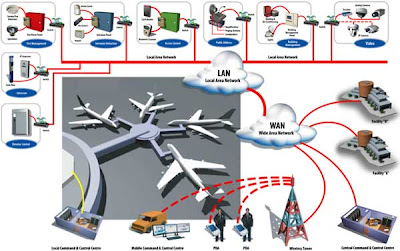We all know what the protestant work ethic is- the idea that by working hard you fulfil your duty to God, and watching how you spend your salary as a way to seek salvation from your Lord. This phrase seems to be used in wider society for those who work really, really hard and are committed to their work. Now what is an Islamic Work Ethic? In the times that we are living in now, I think it is really important to be clear about the conduct of working lives within Islam and the basic tenants that should determine how we work and undertake our daily tasks. This is an attempt at coming up with an answer to the question.
Definitions are important first. Working Muslim defines work as ‘productive use of time, doing something that will benefit the world or the hereafter’, this means that work does not require a salary every month. Our most valuable commodity is time, not money- who in the last few minutes of their lives will want another £100k rather than an extra 1 hour with their family?
Ethics can be defined as a branch of philosophy which seeks to address questions about morality; that is, about concepts such as good and bad, right and wrong, justice, and virtue.[1]
The teachings of Islam are quite clear about how we should use our time on this journey, in the best way that we can. Look at the very powerful translation from the Qur’an of Surah Al Asr, 103: 1-3:
“By Time, Verily all human beings are in loss, Except those who have achieved ‘Faith’, have performed Righteous deeds, and have emphasized to each other the teaching of ‘Truth’ and (the value of) ‘Patience’ (perseverance and constancy).”
If we look at these simple words and try and understand the meaning then essentially success should not be viewed in terms of status, wealth, the type of house that we live in, what car we drive. True success comes out of first having faith and then of performing ‘righteous deeds’, and therefore how we use our time is key. Although sometimes life feels like it is very long, actually this is just a short journey.
We are also reminded of the benefits of 5 before 5 when the Prophet Muhammad, peace and blessings of Allah be upon him, said: “Make the most of five things before five others: life before death, health before sickness, free time before becoming busy, youth before old age, and wealth before poverty.”
So how would one describe the Islamic Work Ethic?
How you spend your time has to be satisfying and it should fulfil you- don’t just do something for the sake of it. What is the benchmark for your deciding how you spend your time? An article was published in the Electronic Journal of Business Ethics and Organization Studies by Wahibur Rokhman which produced an Islamic Work Ethic Scale. There are 17 elements to Rokhman’s scale. Working Muslim believes that that these are a good summary of an Islamic Work Ethic- with the key one being one should carry out work to the best of one’s ability- i.e. have Ihsan.
1. Laziness is a vice
2. Dedication to work is a virtue
3. Good work benefits both one’s self and others
4. Justice and generosity in the work place are necessary conditions for society’s welfare
5. Producing more than enough to meet one’s needs contributes to the prosperity of society as a whole
6. One should carry work out to the best of one’s ability
7. Work is not an end in itself but a means to foster personal growth and social relations
8. Life has no meaning without Work
9. More leisure time is good for society
10. Human relations should be emphasize and encourage
11. Work enables man to control nature
12. Creative work is a source of happiness and accomplishment
13. Any person who works is more likely to get ahead in life
14. Work gives one the chance to be independent
15. A successful person is the one who meets deadlines at Work
16. One should constantly work hard to meet responsibilities
17. The value of work is delivered from the accompanying intention rather than its result
Have you thought about what your personal Islamic Work Ethic is? Using the above as a starting point why don’t you spend a few minutes considering what your personal work ethics are.





